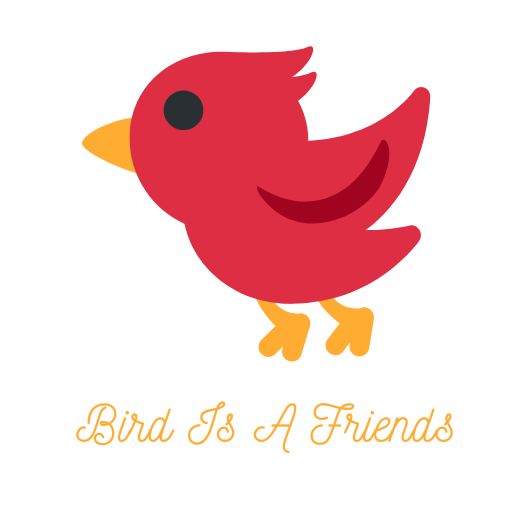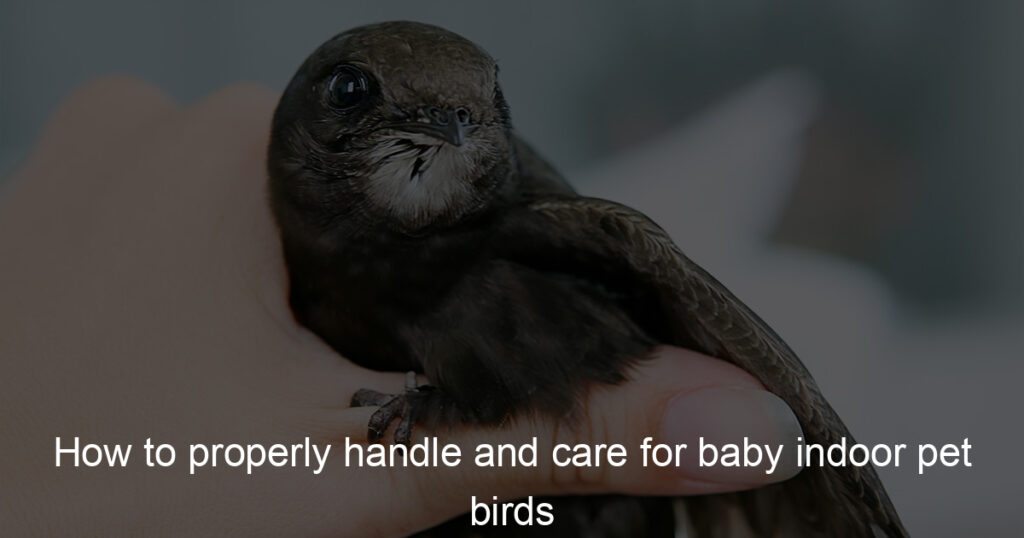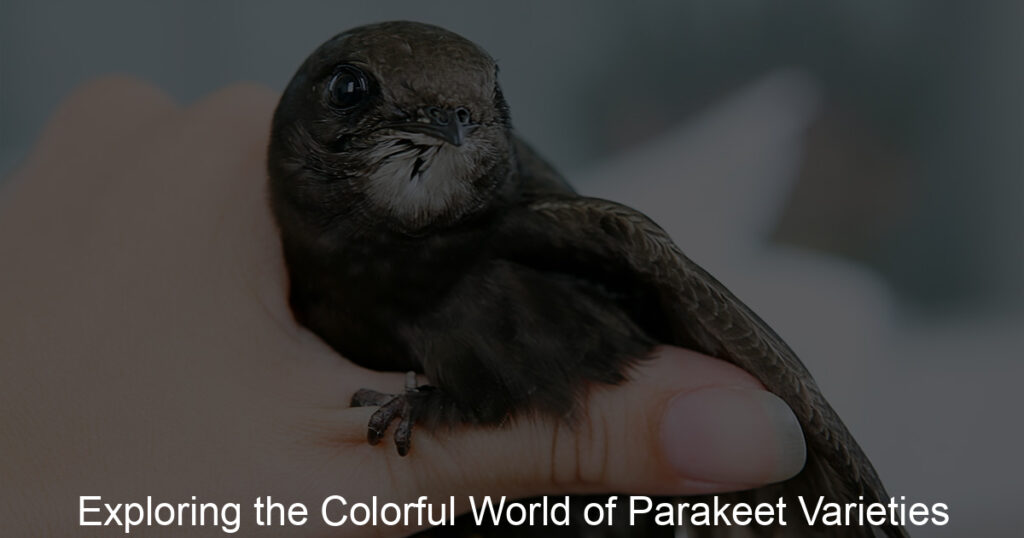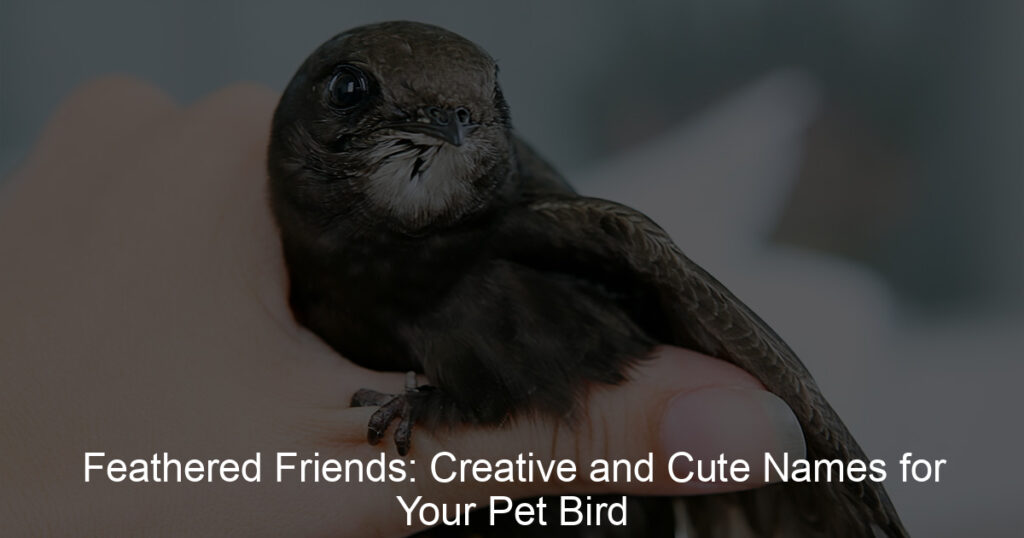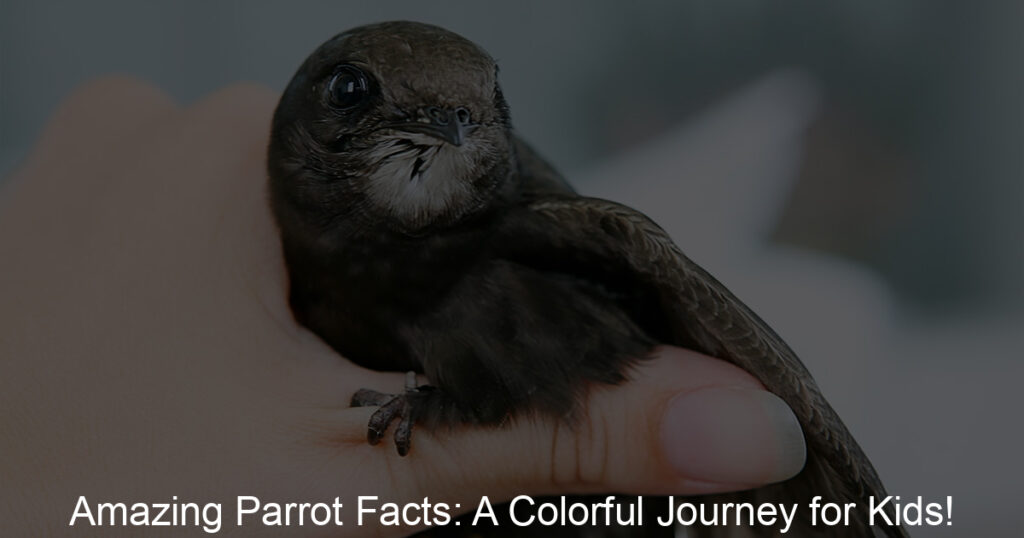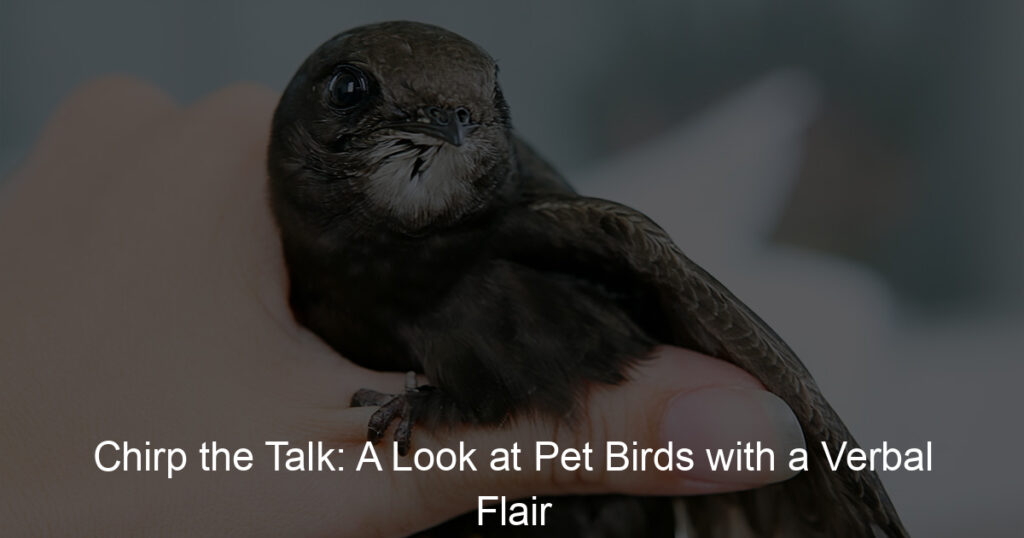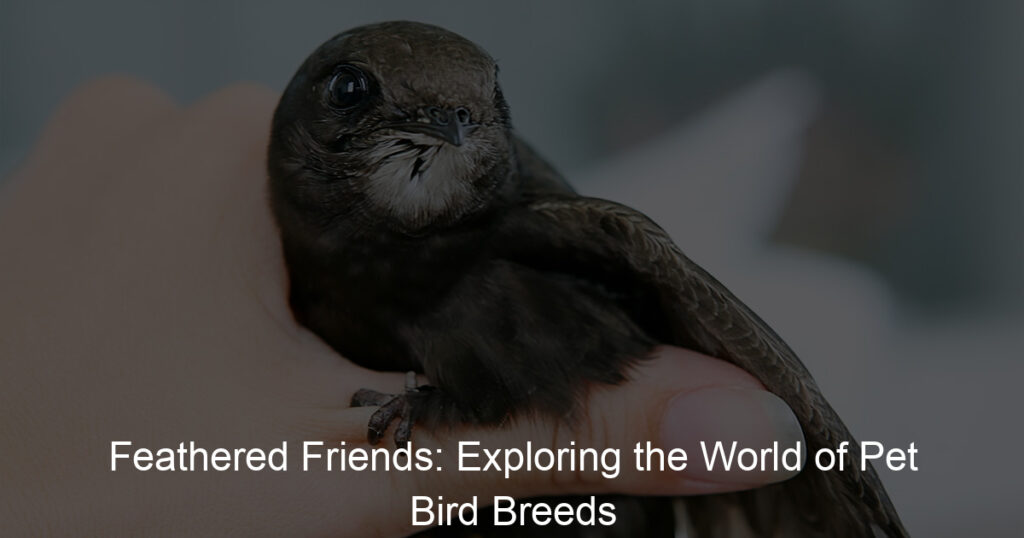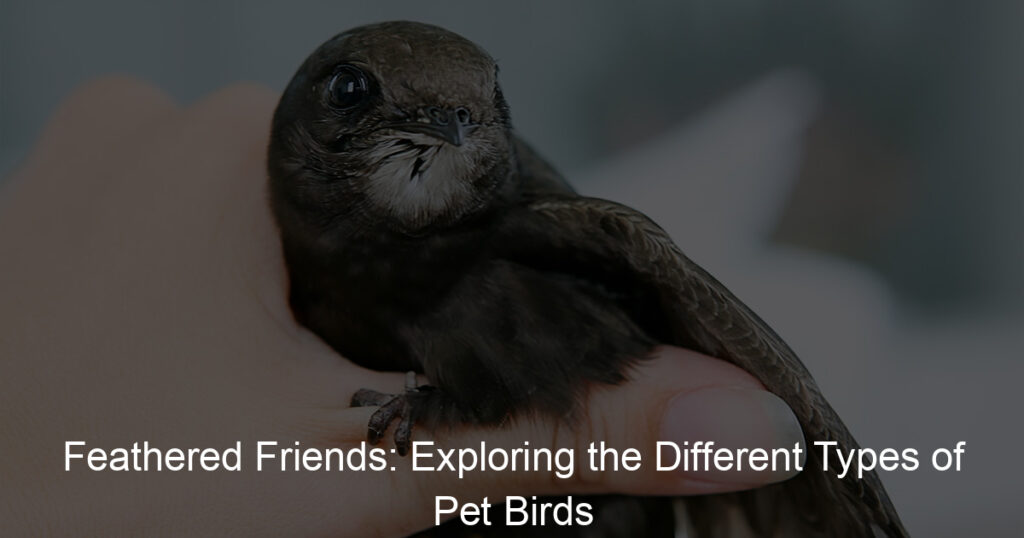A baby bird is a precious creature that requires special care and handling. If you’re thinking of getting an indoor pet bird, it’s important to do your research to make sure you’re prepared for the added responsibility. Here are some tips on how to properly handle and care for baby indoor pet birds.
How do you take care of a bird for beginners?
Taking care of a pet bird can be very rewarding, but it’s important to do your research beforehand. Beginners should start by getting the necessary supplies – proper food, toys, and housing.
The diet of most birds should be a varied one that includes both seeds and pellets supplemented with fresh fruits and vegetables. Toys will help keep your feathered friend entertained and also provide exercise opportunities; natural wood branches or fabric-covered perches are examples of suitable items.
Finally, it’s essential to have a large enough cage that is easy to clean and keep up with. Ensure you clean the housing regularly using mild soap and water to keep your pet healthy! With time, patience, and dedication, new bird owners will develop loving relationships with their feathered friends in no time!
How do you make a baby bird happy?
Making a baby bird happy is all about providing the right environment to ensure they feel secure and comfortable. It starts with keeping their nest clean and well-organized, so they don’t have any unnecessary stress or distractions while they learn how to live.
Making sure that fresh food and water are readily available throughout the day is essential, as is spending quality time playing and interacting with them in a fun, safe way.
Lastly, create a warm place for the bird to sleep at night where it won’t be disturbed. With a healthy balance of patience and love, you’ll help your baby bird become a happy member of its new family.
How do you calm a baby bird down?
Calming a baby bird down can be a daunting task – they are small and fragile creatures that usually require a delicate, patient touch. The first step is to make sure that you approach the bird carefully and without sudden movements which might further stress the animal.
Handling the bird gently but firmly will help them to feel safe; providing a warm towel or cloth to wrap it in can also give it a sense of security. Playing soft music such as classical music can help have a soothing effect on the baby bird and may eventually lead to it becoming more relaxed.
If possible, turning the lights off in the room can create an environment more suitable for calmness. Regularly checking on the bird and talking in a low tone of voice can slowly help it become more accustomed to its surroundings, resulting in less anxiety over time.
What do birds need in their cage?
Birds need a lot of things to keep them safe, healthy, and happy in their cages. Environmental enrichment is also important; a variety of perches, toys, swings, and other objects that change daily can help to keep the bird active and engaged.
Additionally, they need fresh food and water every day as well as a space for bathing or showering in clean water. A draft-free location with adequate ventilation is essential for maintaining comfort temperature for the bird.
Finally, birds need a comfortable cage size with plenty of space for them to move around in so that they are able to spread their wings; if possible, the cage should be placed near windows that provide natural light. With the right environment and care, birds can thrive in captivity!
How should I talk to my bird?
Talking to your bird can be a delightful and enriching experience. As with all conversations, the key is to be mindful of your bird’s point of view. Take their body language into account; if they appear anxious or uninterested in speaking to you at a given point, it is best to move on or try starting again later.
It is also important to remember to maintain your bird’s trust for talking by making sure your conversations are positive and don’t involve unpleasant topics such as scolding them for behavior.
You can even train your bird with certain words that you can use as cues for playing exciting games together! Getting creative with the length, timbre, and versatility of words will go a long way toward creating a special bond between you two.
How to take care of birds at home?
Taking care of birds at home is a rewarding and fun experience. To ensure they are healthy and happy, it’s important to provide a safe environment that gives them plenty of space to stretch out and explore.
Start by providing the right size cage for your bird, as well as an abundance of perches in varying sizes and shapes to keep them active. Fresh water should be available at all times and food should be provided on an appropriate schedule with a nutrient-balanced diet.
Providing ample outdoor time daily will also help your bird stay active and healthy, or if outdoor conditions aren’t suitable to consider buying a playtop cage that can offer more opportunities for exercise. Finally, regular visits to an avian vet will give you peace of mind your feathered friend is doing well. Taking proper care of your pet bird is essential for its long-term health and happiness.
It’s A Wrap
Taking care of baby indoor pet birds is a rewarding experience, as these small and gentle beings have so much love to give. By providing your birds with the right environment and nutrition, you can ensure that they remain healthy and vibrant for many years.
The most important aspect to remember when caring for your birds is to handle them correctly and responsibly. Investing in items like perches and bird baths that allow for interaction between you and your pet can help make their home much more comfortable and enjoyable. Taking the time to properly train your bird can also make living together easier and more pleasurable for both you and your new feathered friend.
You’ll be delighted by how quickly your flock will grow with love, affection, and regular care. With the right amount of attention, knowledge, and dedication, Indoor Pet Birds are sure to become an important part of any family!
